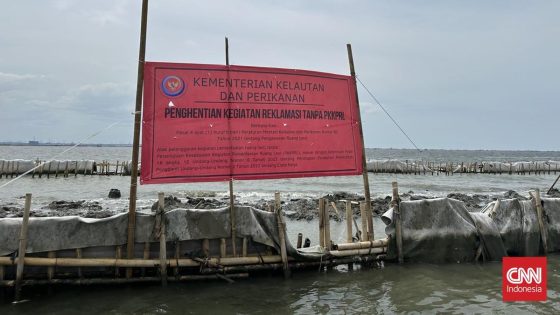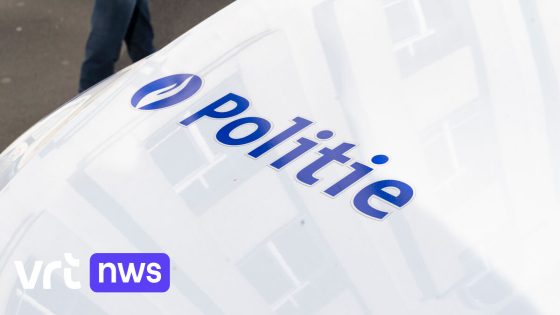On February 2, 2025, PT Tunas Ruang Pelabuhan Nusantara (TRPN) admitted to operating without the necessary permits for their coastal barrier project in Bekasi. This admission came during an inquiry by the Ministry of Marine Affairs and Fisheries. How will this impact the environment and local fishermen?
- PT Tunas Ruang Pelabuhan Nusantara admits violations.
- Company lacks permission for sea utilization.
- Administrative fines and environmental recovery required.
- Investigation followed allegations of illegal reclamation.
- Coastal fence impacts marine ecosystem negatively.
- Sanctions will continue until compliance is met.
PT TRPN Faces Consequences for Unauthorized Coastal Barrier in Bekasi
What does this mean for marine conservation? PT TRPN’s actions have sparked significant concern among environmentalists and local communities. The company’s illegal coastal barrier, built without proper permits, poses risks to marine ecosystems and the livelihoods of local fishermen. The Ministry’s response highlights the importance of adhering to environmental regulations.
Environmental Impact of PT TRPN’s Actions on Local Ecosystems
The coastal barrier constructed by PT TRPN in Bekasi has raised alarms about its negative effects on the surrounding marine life. Without the necessary approvals, the barrier could disrupt local fisheries, harming both the environment and the economy. Key points include:
- Over 76 hectares of marine space utilized without permission.
- Mandatory environmental restoration required by the Ministry.
- Potential fines and ongoing investigations into the company’s practices.
- Impact on local fishermen and their livelihoods.
Regulatory Framework Governing Marine Activities in Indonesia
Indonesia has strict regulations regarding marine space utilization. The government enforces these laws to protect marine ecosystems and ensure sustainable practices. PT TRPN’s case serves as a reminder of the importance of compliance with:
- Government Regulation No. 21 of 2021 on Spatial Planning.
- Government Regulation No. 85 of 2021 regarding Non-Tax State Revenue.
- Ministerial Regulation No. 31 of 2021 on Marine Space Utilization.
Future Implications for PT TRPN and Marine Conservation Efforts
The ongoing investigation into PT TRPN’s activities could set a precedent for how similar cases are handled in the future. The company must not only face fines but also ensure that they restore the environment. This situation emphasizes the need for companies to prioritize environmental stewardship. Will this case encourage stricter enforcement of marine regulations in Indonesia?
In conclusion, PT TRPN’s admission of guilt highlights critical issues surrounding marine conservation and regulatory compliance in Indonesia. As the situation unfolds, it will be crucial to monitor the company’s actions and the government’s response to ensure the protection of marine ecosystems.
































